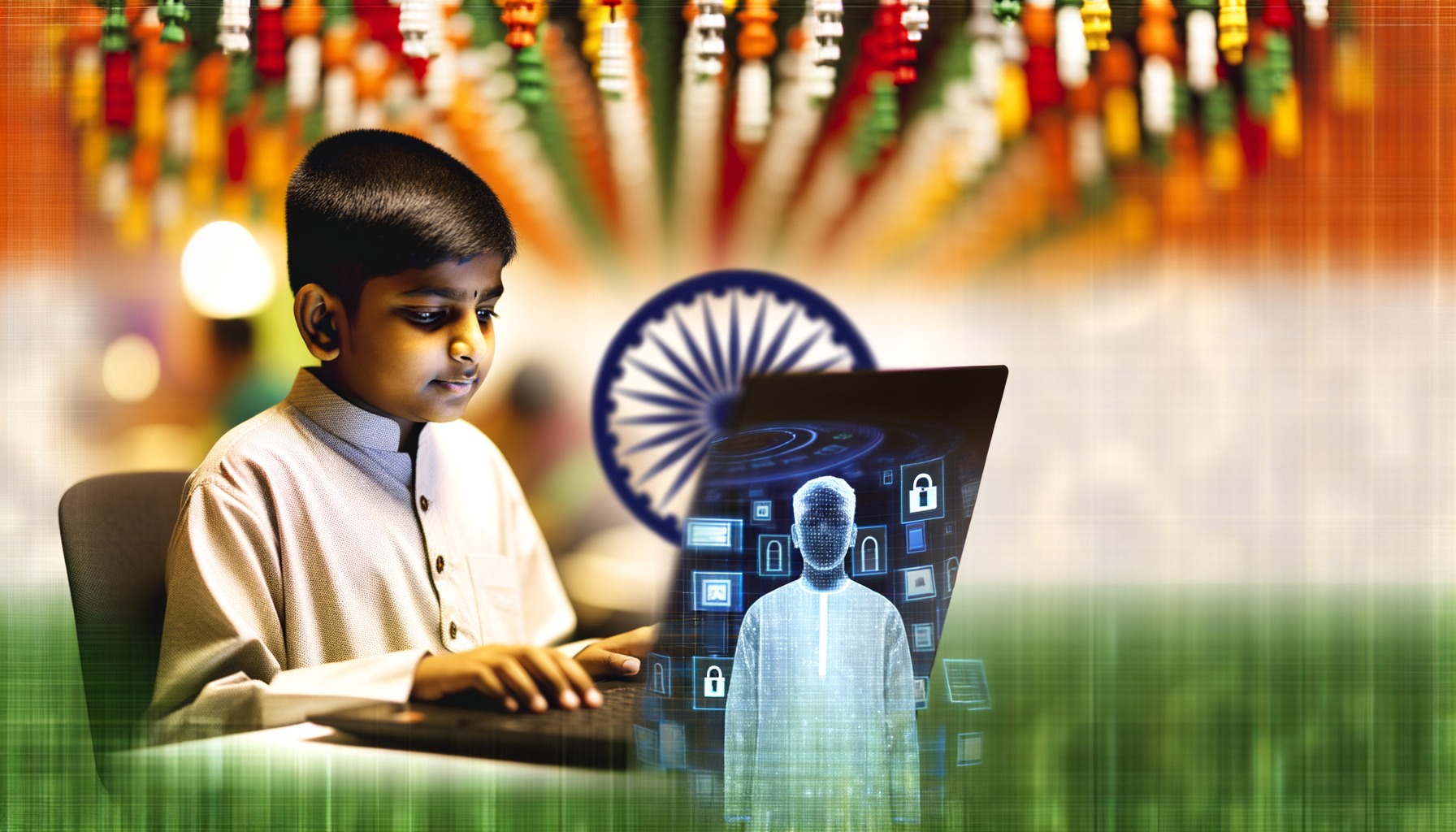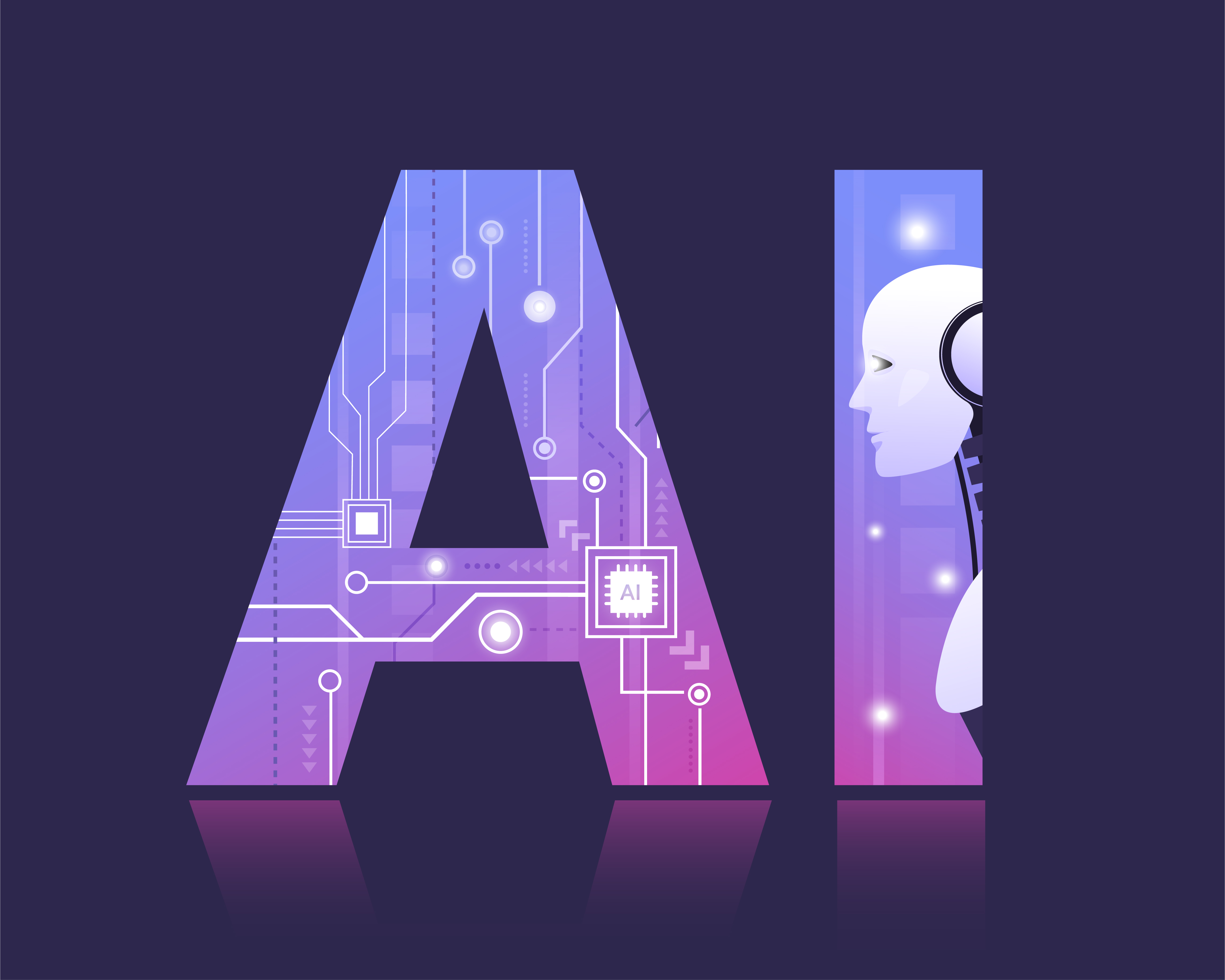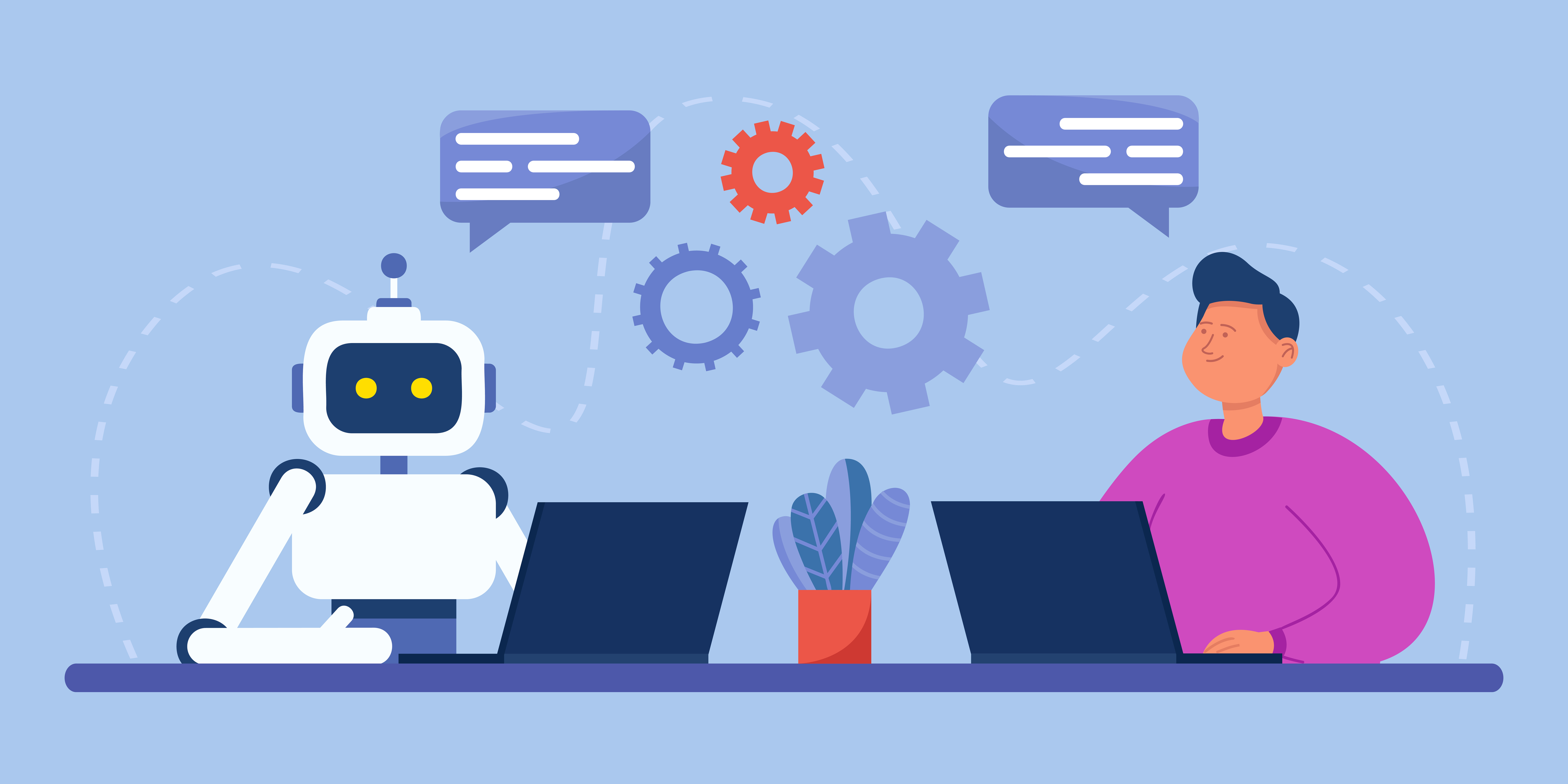India is emerging as a potential test case for age-based social media restrictions as several states examine Australia-style bans on children’s access to platforms.
Goa and Andhra Pradesh are studying whether to prohibit social media use for those under 16, citing growing concerns over online safety and youth well-being. The debate has also reached the judiciary, with the Madras High Court urging the federal government to consider similar measures.
The proposals carry major implications for global technology companies, given that India’s internet population exceeds one billion users and continues to skew young.
Platforms such as Meta, Google and X rely heavily on India for long-term growth, advertising revenue and user expansion. Industry voices argue parental oversight is more effective than government bans, warning that restrictions could push minors towards unregulated digital spaces.
Australia’s under-16 ban, which entered force in late 2025, has already exposed enforcement difficulties, particularly around age verification and privacy risks. Determining users’ ages accurately remains challenging, while digital identity systems raise concerns about data security and surveillance.
Legal experts note that internet governance falls under India’s federal authority, limiting what individual states can enforce without central approval.
Although the data protection law of India includes safeguards for children, full implementation will extend through 2027, leaving policymakers to balance child protection, platform accountability and unintended consequences.
Would you like to learn more about AI, tech and digital diplomacy? If so, ask our Diplo chatbot!










